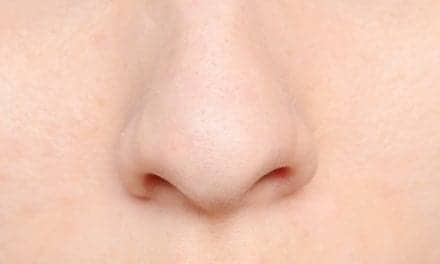A new international study reveals that blocking a certain signaling molecule can relieve symptoms such as mucus production, swelling, and constriction of the airways in the lungs, a discovery that may potentially improve asthma treatment.
According to a Science Daily news report, the allergic immune response, which triggers the symptoms of asthma, is a process that starts the over-activation of a certain white blood cell, the allergen-specific helper T cells type 2.
Dr Stephan Caucheteux, who led the study, explains, “We found that by adding a signaling molecule, Interleukin 1 (IL-1) using an experimental model of allergic asthma, the symptoms would worsen dramatically. Therefore by blocking production of IL-1, we could alleviate the symptoms, such as mucus, swelling and constriction.” The international research team believes their work may ultimately help asthma sufferers around the world, as indicated on the Science Daily news report.
“The finding that IL-1 is involved in regulating the balance between inflammatory and anti-inflammatory Th2 cells has not only significantly enhanced our basic knowledge on T cell biology, but also provided a potentially effective and novel strategy to treat asthma,” says Dr Jeff Zhu of the National Institute of Allergy and Infectious Diseases.
The intramural research program at the National Institute of Allergy and Infectious Diseases funded the research, published in The Journal of Allergy and Clinical Immunology.
Source: Science Daily










